Predicting and Preventing More Cancers
-
25%of all pharmaceuticals approved since 2015 are new cancer drugs
-
20KClinical cancer trials in progress, global
Detecting cancer in its earliest stages is a major focus of President Biden’s 2022 Cancer Moonshot Initiative, which earmarked $200 million in grants issued by the Centers for Disease Control (CDC) for cancer prevention and screening. This includes a massive Multi-Cancer Early Detection (MCED) study backed by the National Cancer Institute (NCI). These “liquid biopsies” hunt for multiple cancers in a single blood sample. A test developed by Grail, a Menlo Park–based cancer detection company, became the first MCED test commercially available in the US in 2021.
Other programs that will help sniff out cancer include the Cancer Moonshot Biobank, which will collect tumor specimens and share samples with researchers to advance care. Also look for expanded use of nanotechnology in imaging, and for AI in biosensors and wearable technology to improve early detection.
Scaling and screening access will remain a challenge in remote and underserved regions of the US and in lower-income countries. The NCI has earmarked $23 million to create Telehealth Research Centers of Excellence to study how telehealth affects cancer care. Global events like pandemics, wars and natural disasters will also continue to disrupt early detection efforts. For instance, 10 million screenings were missed during the Covid-19 pandemic.
The rise of phenomics—the analysis of comprehensive personal biological data ranging from a person’s DNA to metabolites—is also combining with other big data to provide sophisticated profiles of a person’s risk for cancer and other diseases.
One pandemic silver lining: the improvement of remote research processes due to researchers being forced to isolate. Companies like Benchling in San Francisco have developed cloud-based laboratory information management systems that streamline everything from protein modeling to collaborations. Clinical trials also went largely remote, as new treatments were monitored and administered more at home, setting the stage for a future where those formerly without access to hospitals and clinics can receive care. This will benefit isolated and other historically underserved populations.
Data science is disrupting each step of the drug development process.
Yizhen Dong
Healthcare venture investor
